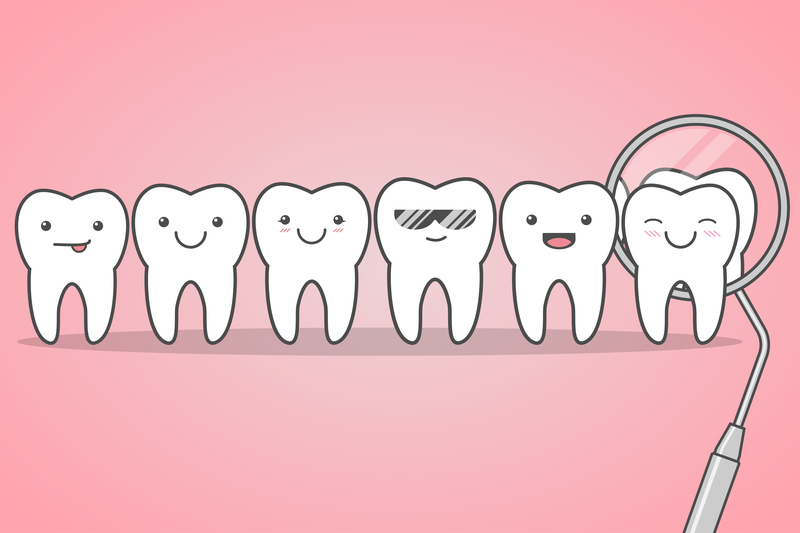Great oral healthcare for children starts with a disciplined routine. Getting kids to learn to brush and floss can be difficult at best, and feel impossible at worse. But teaching children early and reinforcing good dental hygiene in their developing years can ensure healthy practices they will carry into adulthood. It is possible to keep kids teeth healthy!
This early teaching sends a message that the care of their teeth and gums and mouth is a priority. This will have significant impact, not just on their oral health, but their overall well-being on into adulthood.
And one can never start too soon. Starting effective oral health habits should begin as soon as infancy and kept up as part of your child’s entire life.
Why are primary teeth so important?
Since primary teeth fall out and are replaced with permanent teeth anyway, it seems reasonable to ask why they are so important to care for. Neglected cavities not only damage the baby teeth but can also lead to damage to the incoming teeth too. Primary teeth have a function beyond just eating. They are important for developing the ability to do proper chewing and eating. They provide space for incoming teeth permanent teeth and even act to guide them into place. They also make possible the correct development of the jaw bones and muscles.
Children’s teeth begin forming before birth. As soon as four months, the first baby teeth make their first appearance. Usually all 20 primary teeth are in by age 3, the frequency of their appearance varies. At age 8 the permanent teeth begin replace the primaries. There is commonly Between age 8 and 10 there is a break before the rest of the permanent teeth come in. This process will continue up till the age of 21 or so.
Adults have 28 permanent teeth, or up to 32 including the third molars (or wisdom teeth). Early oral care of children’s teeth will ensure healthy teeth and gums when they grow older.
Of course, they will depend on you to help them learn the habits that will protect their dental health into their later years.
Tips for Parents to Keep Kids Teeth Healthy
Cleaning your infant’s gums is important even before they appear. After each feeding you can use a water soaked washcloth or gauze pad to stimulate gum tissue and clean away food waste. After the baby’s teeth come through use a small, soft-bristled brush with a pea-sized bit of fluoridated tooth paste. This will help inhibit decay. You can also find fluoride in mouth washes, community water supplies and some foods. If using mouth was be careful to swab to not let your baby swallow.
By age two or three, depending on your child, it is time to teach proper brushing techniques. This will require you to keep helping with gentle flossing and brushing until around 7 or 8 years of age. It will not be till then that children will have the dexterity to perform this on their own.
When picking out tooth brushes and toothpaste, make sure that they are approved from the American Dental Association. The AMA’s seal will be on the packaging helping you make the right choice.
About three of four times a year, change your child’s tooth brush and after every illness to avoid bacteria and germs.
Limit sugar by providing fruits, carrots and other low sugar healthy snacks instead of cookies and candy. Discourage snacking between meals and be certain they are brushing, with your help, after each meal.
Make sure your water supply is fluoridated. If your municipality does not fluoridate the water, discuss with your child’s dental hygienist options to provide the proper amount of fluoride to help reduce cavities.
As with everything you do as a parent or care-giver, set a good example. Brush and floss yourself. Eat healthy foods and have regular visits to your dentist
Never stop reminding your child about the benefits of good oral health. Point out the role eating healthy food plays in maintaining it.
Beginning around their first birthday, schedule regular oral health appointments with a qualified dental health hygienist specializing in child hood care.
Creating effective and proper dental hygiene is most important but even the best home routine should be backed up with ongoing heath checkup by a qualified expert.


Add Comment